Beijing lashes out at NATO, Albanese
Beijing has accused Anthony Albanese of threatening chances of resetting relations, after he warned China must heed the lessons of Russia’s invasion of Ukraine.
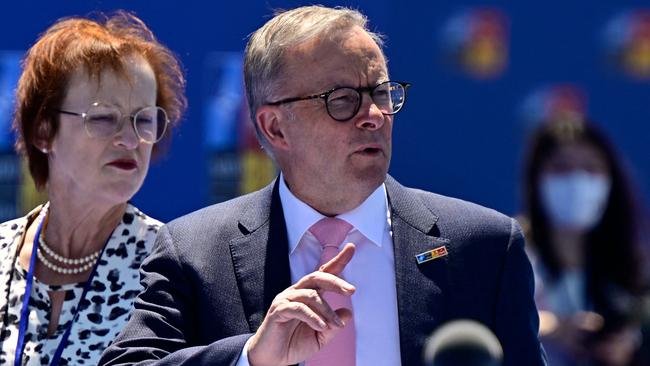
Beijing has accused Anthony Albanese of threatening Australia’s chances of resetting relations between the countries, after he warned China must heed the lessons of Russia’s disastrous invasion of Ukraine.
A day after Mr Albanese made the comments at the NATO summit in Madrid, the state-owned China Daily branded the Prime Minister “ignorant”, and accused him of failing to reciprocate China’s “goodwill” towards his new government.
The rebuke followed NATO’s endorsement of a new 10-year strategic road map that identifies China for the first time as a strategic “challenge” to the alliance’s “interests, security and values”.
NATO’s new “Strategic Concept” identifies Russia as its “most significant” threat, but singled out Beijing over its military ambitions and its strategic partnership with Moscow to subvert the global order.
It called out Beijing’s rapid expansion of its nuclear arsenal, its “malicious” cyber operations and coercive behaviour, and attempts to control key technologies and supply chains.
On Thursday, Mr Albanese said the new strategic statement was “one that Australia is strongly supportive”, declaring it was “very positive” and the strategy identified China’s “no limits” partnership with Russia as a problem.
“We need to reassert our democratic values and that is something that has occurred at this NATO summit,” he said.
“Over the last couple of days, what we’ve seen is the world come together in rejecting the Russian aggression in Ukraine, but also having a reassertion of our shared commitment to democratic values of having a rules-based international order.”
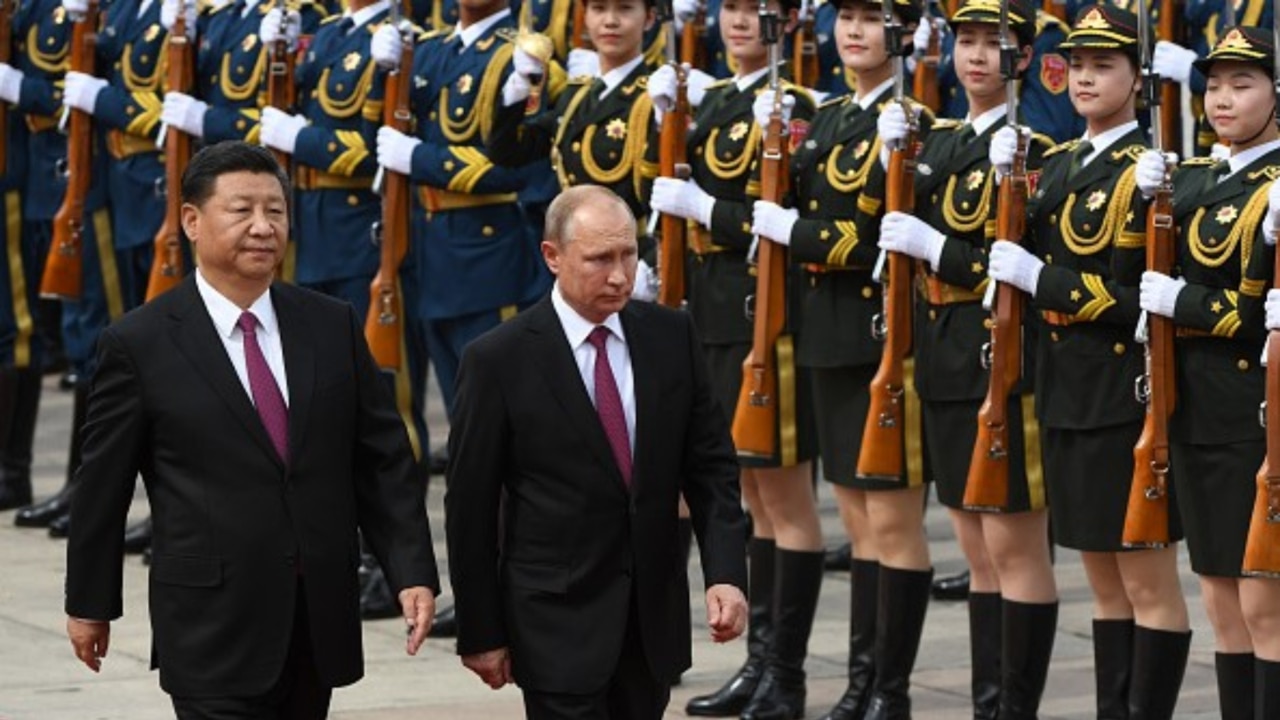
China reacted swiftly to the new strategic plan, saying NATO should “stop trying to mess up Asia and the world after messing up Europe”.
“They should also stop trying to launch a new cold war. What they should do is give up their cold war mindset, zero-sum games, and stop doing things that create enemies,” Chinese Foreign Ministry spokesman Zhao Lijian said.
Russian President Vladimir Putin also condemned the strategy, accusing NATO of “imperial ambitions”, seeking to assert its “supremacy” through the Ukraine conflict.
At the summit on Wednesday, Mr Albanese said China wanted to become “the most powerful country in the world”.
But he said it should take note of Russia’s failure to easily overthrow Ukraine, and the powerful support lining up against it. “China must look at what is happening and look at the resolve from throughout the world and should be condemning Russia’s actions,” Mr Albanese said.
The China Daily lashed Mr Albanese in an editorial, saying it was “hard to believe that the new Australian leader can be so ill-informed as to not know China’s stance on the Ukraine crisis … or so ignorant as not to understand the status of Taiwan”.
“The takeaway from his words … is that while he might talk of wanting to improve his country’s relations with China, he is either going to have to make dedicated efforts to better understand the issues that have led to bilateral ties deteriorating precipitously or be more diplomatically astute,” the editorial said.
It also accused the Prime Minister of “deliberately playing up and smearing” China’s security co-operation with Solomon Islands, and declared the Albanese government had “displayed no signs of changing the course set by its predecessor”.
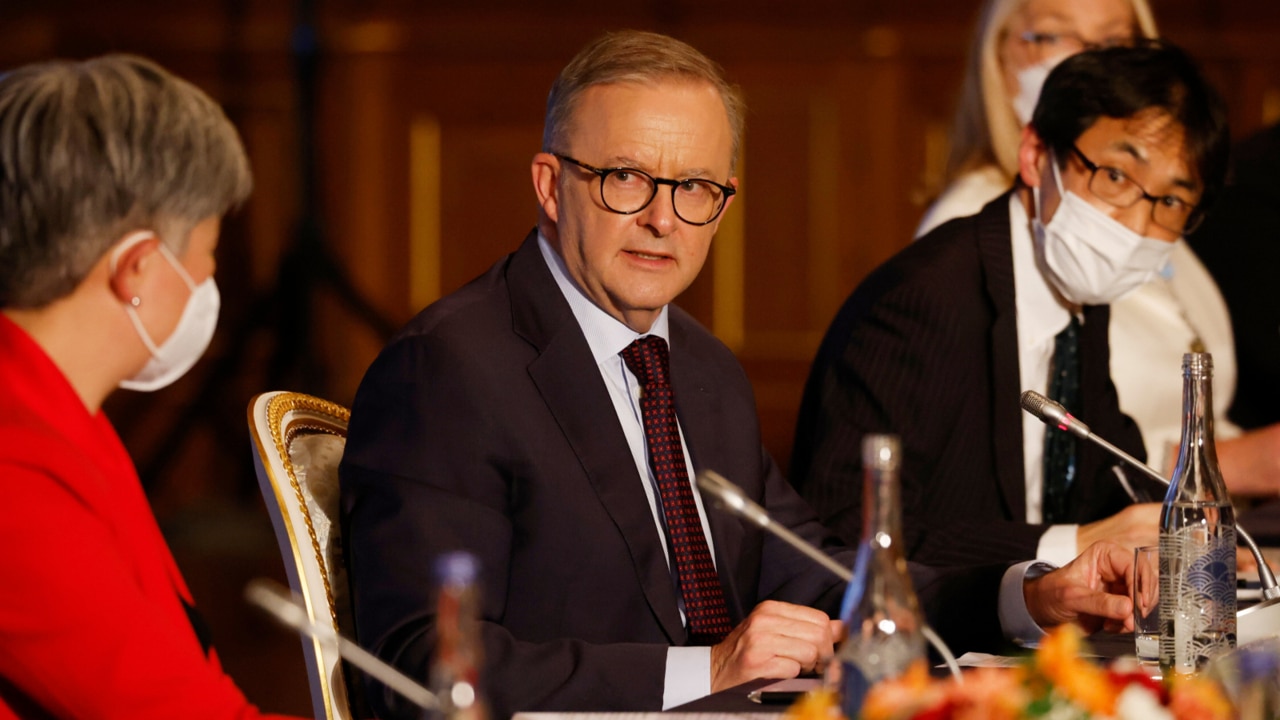
The updated Strategic Concept, endorsed at the NATO summit in Madrid late on Wednesday AEST, replaces a 2010 document that did not mention China and said Russia was a “strategic partner”. NATO secretary-general Jens Stoltenberg said China was “not our adversary”, but warned NATO “must be clear-eyed about the challenges it represents”.
“China is substantially building up its military forces, including nuclear weapons, bullying its neighbours, threatening Taiwan … monitoring and controlling its own citizens through advanced technology, and spreading Russian lies and disinformation,” Mr Stoltenberg said, after presenting the new strategic blueprint.
The document says Russia’s “brutal and unlawful invasion” of Ukraine had “gravely altered our security environment”, and recommits the alliance to collective defence “against all threats from all directions”.
It stops short of branding China a security threat, but says its behaviour and rhetoric “target allies and harm alliance security”.
“The PRC employs a broad range of political, economic and military tools to increase its global footprint and project power, while remaining opaque about its strategy, intentions and military build-up,” the strategic blueprint says.
“It uses its economic leverage to create strategic dependencies and enhance its influence.
“It strives to subvert the rules-based international order, including in the space, cyber and maritime domains.”
As Mr Putin’s brutal invasion of Ukraine pushes Europe to the brink of war, US President Joe Biden committed 5000 more troops to NATO’s eastern flank, new air defences in Germany and Italy, and two additional squadrons of F-35 stealth fighters to be based in Britain.
“Together with our allies, we’re going to make sure that NATO is ready to meet the threats from all directions across every domain,” Mr Biden said.
More Coverage
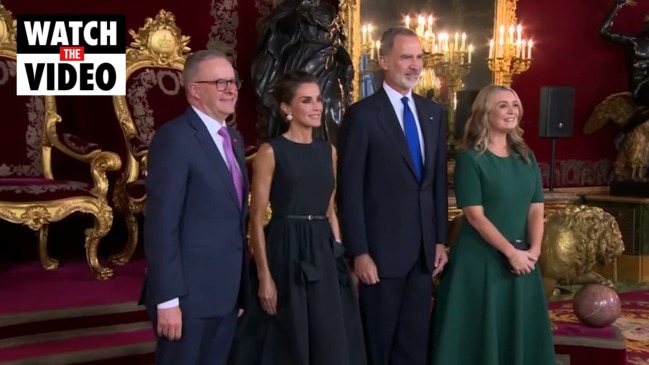


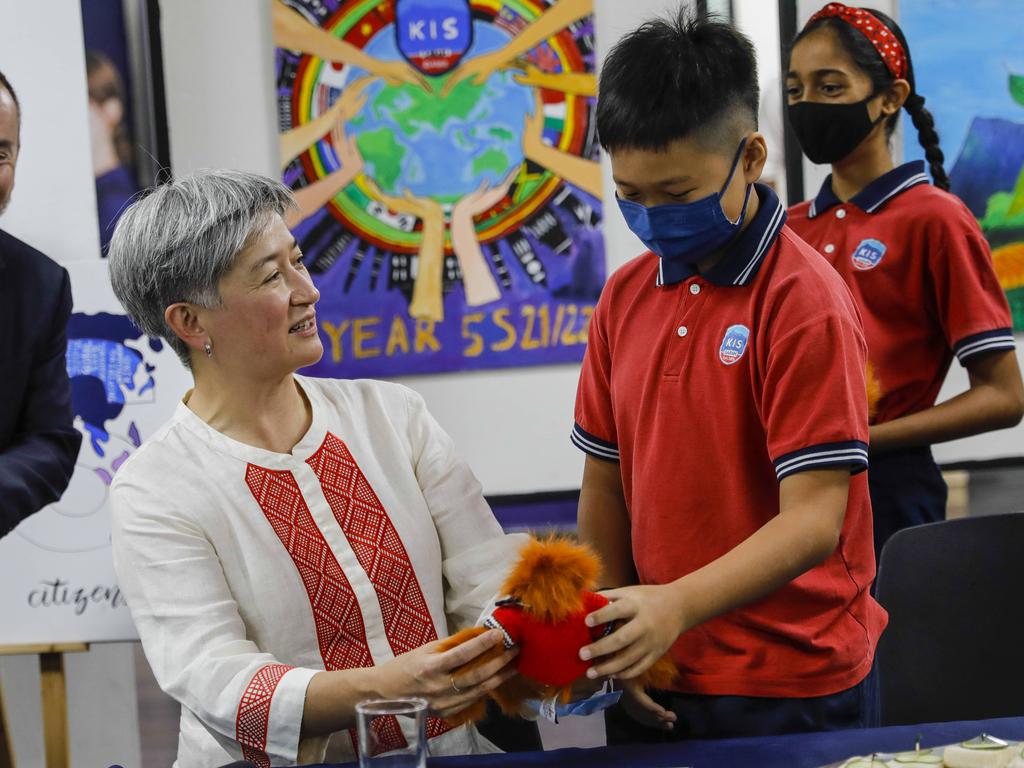
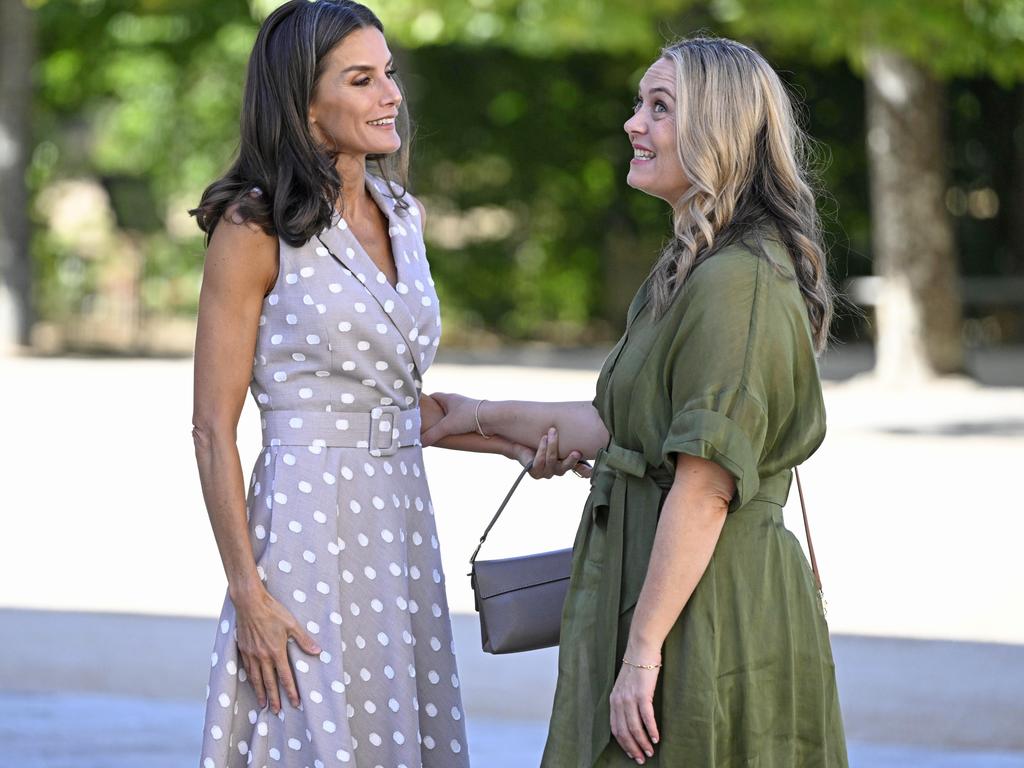
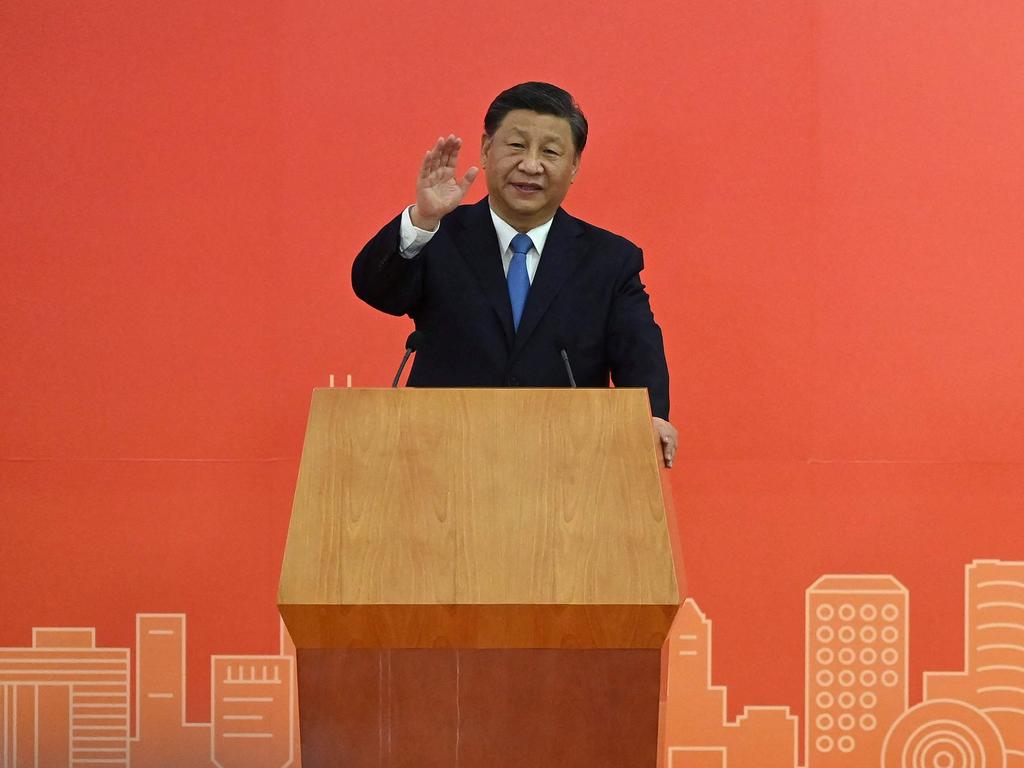
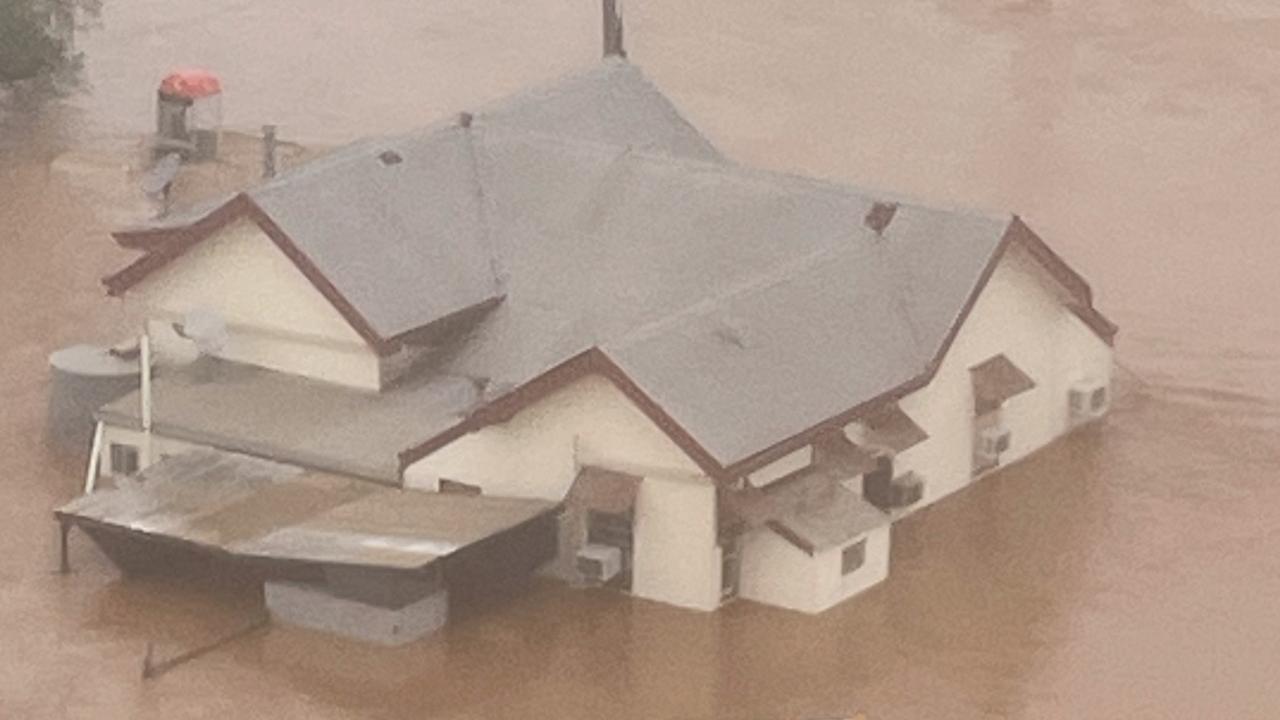
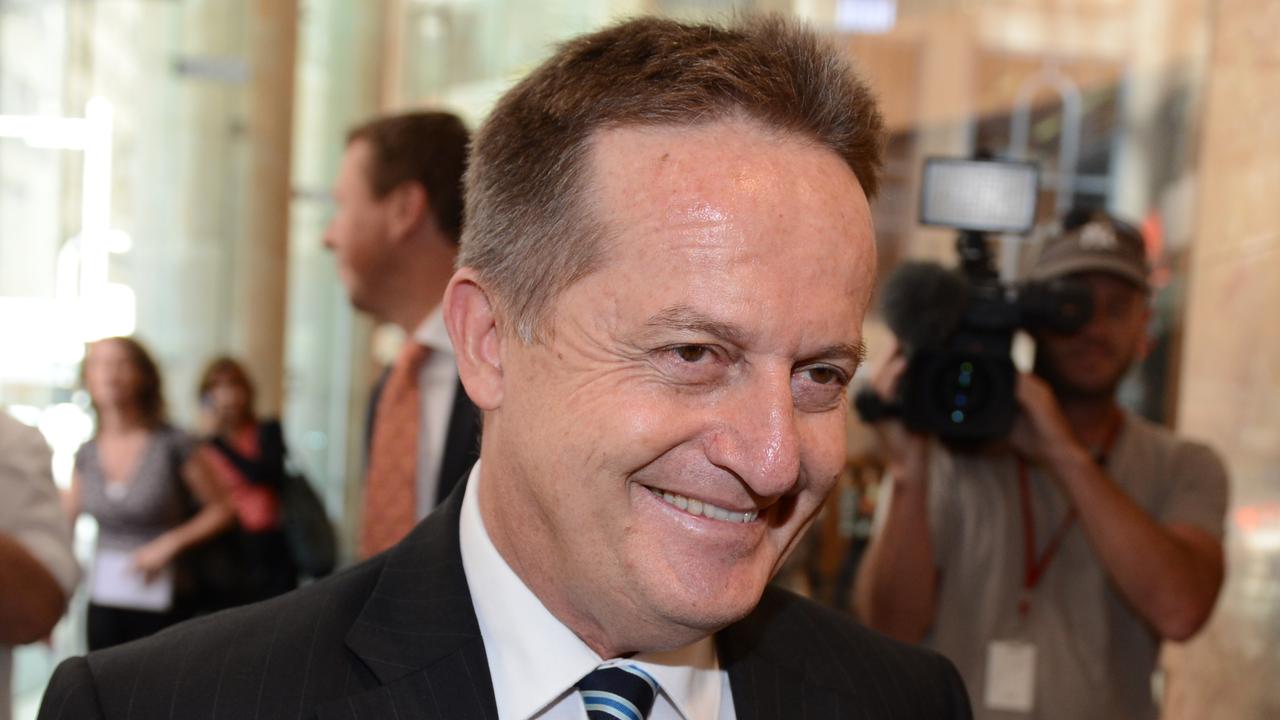
To join the conversation, please log in. Don't have an account? Register
Join the conversation, you are commenting as Logout